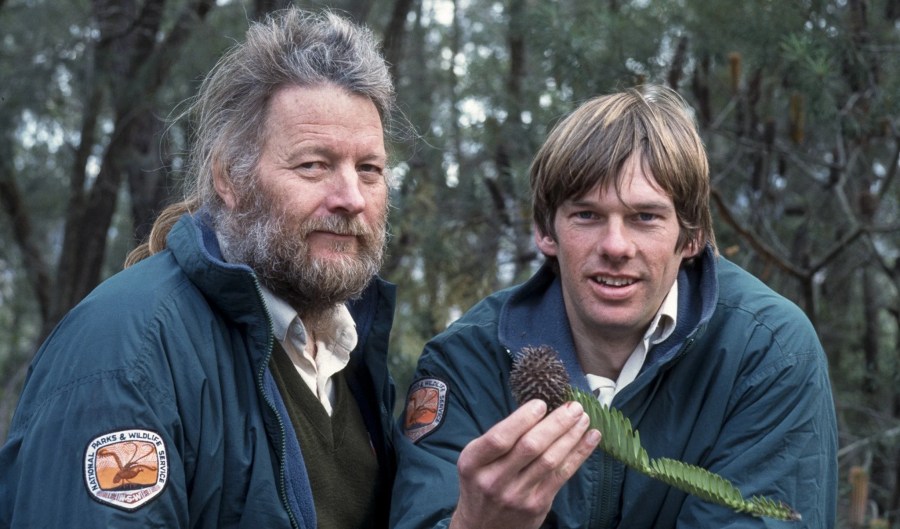Bored at home? Trawl through Australia’s natural history collections from your couch

DUE TO THE contagiousness of Covid-19, Australians are being asked to stay at home and employ social distancing, lowering the chance of the most vulnerable individuals – the elderly and immunocompromised – falling victim to the virus.
If you’re struggling to find things with which to entertain yourself and you happen to be a natural history buff, we have the perfect activity for you. And it involves making a big contribution to science.
Since 2011, the DigiVol Project – started by the Australian Museum and the Atlas of Living Australia – has been determined to digitise vast natural history collections with the help of volunteers.
From transcribing museum and herbarium collection labels to the field notebooks of early explorers, ecologists and surveyors, DigiVol volunteers get incredible access to these treasures.
Online DigiVol volunteers are asked to transcribe specimen labels, notebooks, field data and even camera-trap images of Aussie animals. You can volunteer for as long (or as little) as you like. Volunteers don’t need to commit to a specific duration. “We value everybody’s contributions no matter how big or small,” says DigiVol’s Danielle Northey.
Spend your newly found time at home trawling through not only the Australian Museum’s archives, but also that of the Royal Botanic Gardens, Kew and the National History Museum of Utah, to name a few.
“Our DigiVol volunteers come across some interesting finds from camera-trap images, which revealed an echidna love-train crashing in on a malleefowl mound, and transcribing a herbarium specimen collected by Swedish naturalist Daniel Solander during Cook’s visit to Botany Bay in 1770,” says Danielle.
“Capturing this data into a digital form is important as it is a means of providing online digital access to our collections for reasons of public engagement, and encouraging, facilitating and carrying out research.”
Julia Brougham, a DigiVol member since 2013 says, “It’s a transport to a world that I couldn’t physically be part of – an adventure in science and beauty, intellect and emotion, imagination and real facts.”
The spread of Covid-19 into Australia means many people are opting to stay at home, and Danielle says, with the extra time, you can do something meaningful for science.
“Volunteering with DigiVol is a wonderful way to spend your time while social distancing/being at home. You will be doing something that is meaningful and worthwhile and contributing to scientific research. You will be working with our online DigiVol community who you can talk to and share notes via our forum, without having to share Covid-19!”
Go to DigiVol.org, register, join an expedition and start transcribing. Transcribe one or as many items as you like. Join as many expeditions as you like. “You can join expeditions and travel the world without even leaving your room.”



